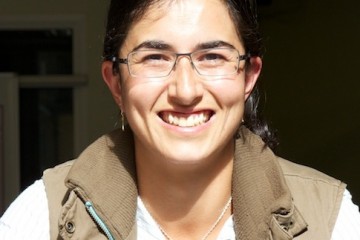Project grant
Do male mice prefer to live on their own?

At a glance
Completed
Award date
October 2019 - March 2023
Grant amount
£405,642
Principal investigator
Professor Emma Robinson
Co-investigator(s)
Institute
University of Bristol
R
- Refinement
Read the abstract
View the grant profile on GtR
